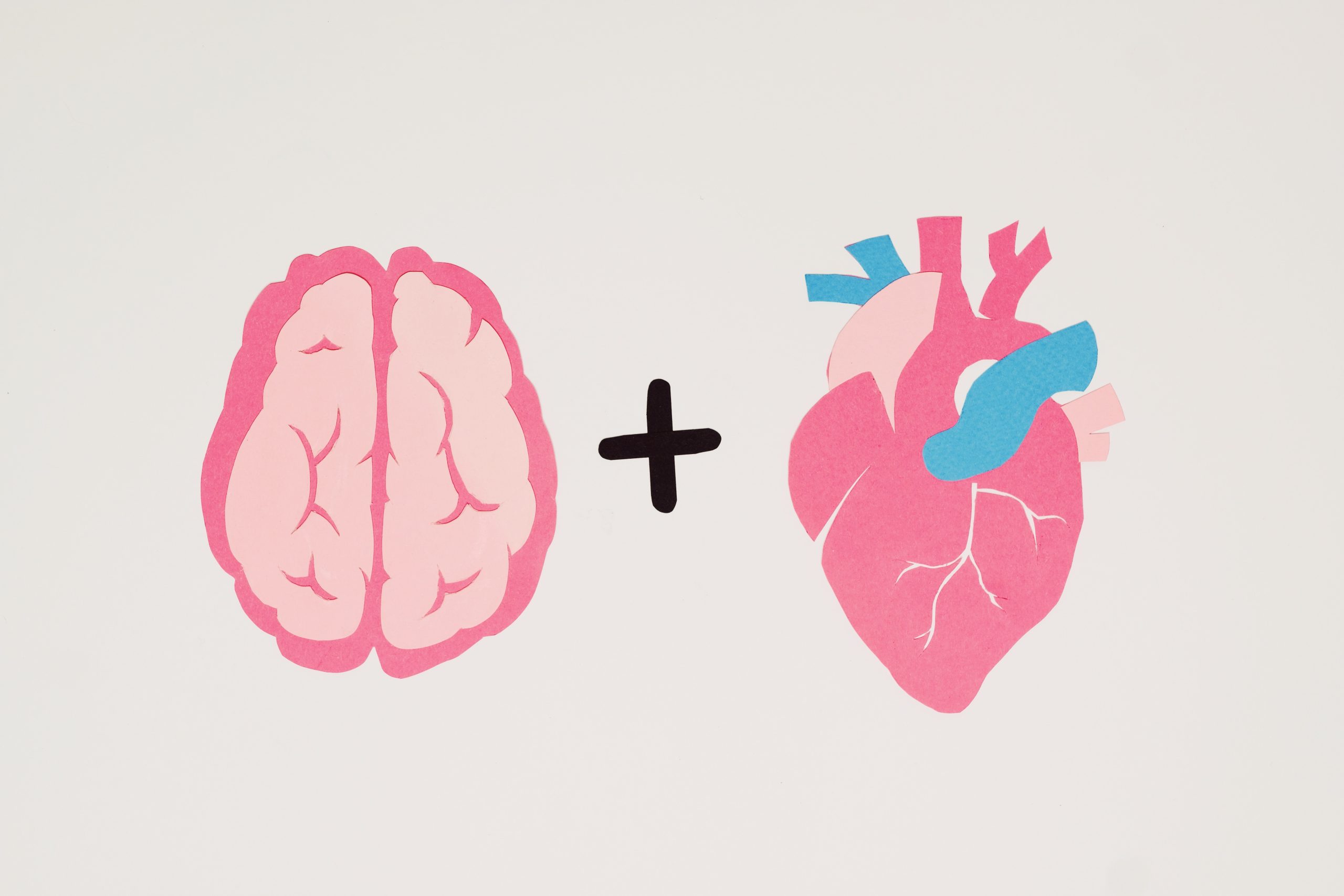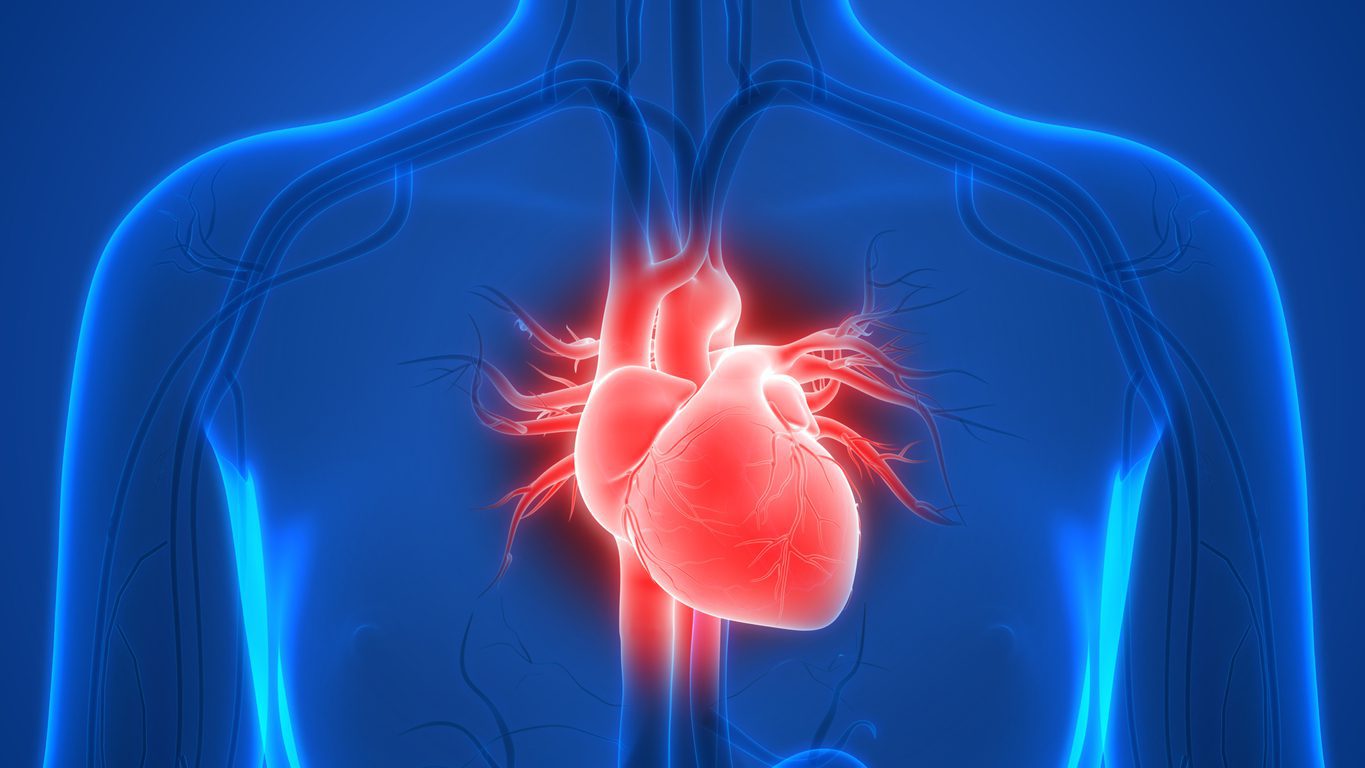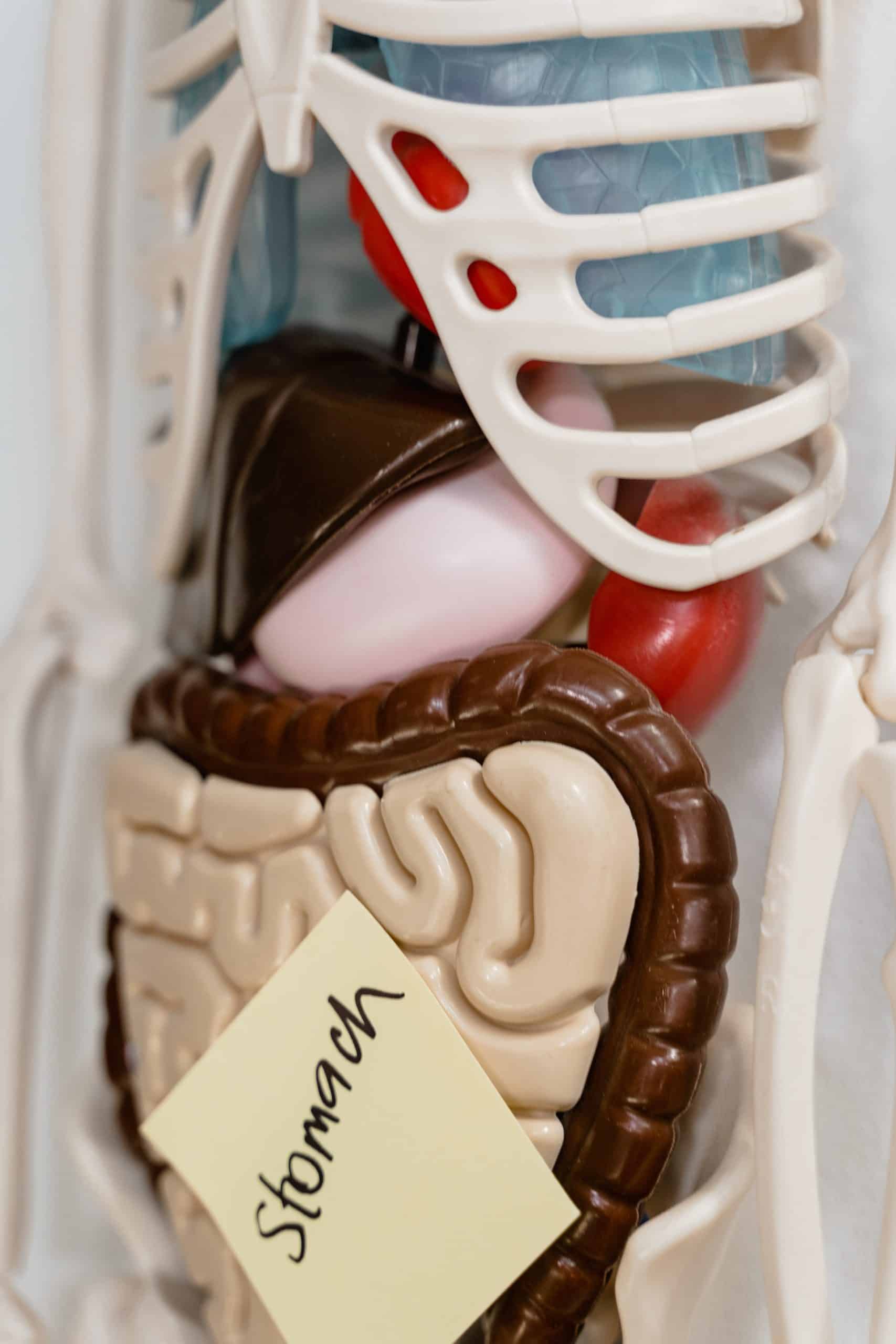By Sandra Bond Chapman, Ph.D. We know the physical changes that aging brings: graying hair, wrinkles and a tendency to gain weight. Less well understood, but more important to our ability to live long, healthy lives, are age-related changes in our brains. According to a recent survey by AARP (American Association of Retired Persons), staying mentally sharp is important to 93% of Americans, but few know how to maintain or improve brain health. Until recently, cognitive (brain function) losses in healthy adults were viewed as an inevitable consequence of living longer. Since our life expectancy has increased steadily over the years, this caused alarm. Scientific research shows that cognitive aging is a natural pro cess that affects everyone, to varying degrees, with both positive and negative effects. But here is the good news: each of us has the ability to strengthen our brain function throughout our lives, and to prevent, slow or even reverse cognitive decline. That is, if we take the right steps, eliminate toxic routines and adopt healthy habits. For thousands of years, people have searched in vain for the Fountain of Youth to stay young. However, science is pointing the way to a different approach, which is to embrace the continued potential of our aging mind. We have tremendous power to strengthen and heal our brain’s health throughout life. Without brain health, we simply do not have health.
9 WAYS TO STAY SHARP
Whatever your stage in life, use these brain-healthy habits to strengthen brain systems and enhance brain “fitness”:
Get a good night’s sleep
Eight hours is optimal. It allows us to reset an exhausted brain engine, to consolidate learning of new information at higher levels of understanding and to derive “aha” moments. These “ahas” happen when we connect ideas in newer, more innovative ways.
Slow down to succeed
Working constantly without taking time to step back and reflect on actions hinders productivity and performance along with increasing stress. While it seems counterintuitive to increase mental energy by slowing the pace, try it; it works. Give weighty decisions and projects the time, reflection and contemplation they need.
Block out
Consciously filter extraneous information to focus on the task at hand. This technique has not only been shown to impact cognitive health but is also a sign of higher intellectual function. It may come as a surprise, but our current daily lifestyle habits—even some we believe are good for our brain such as the myth of multitasking—are toxic to good brain health.
Think at a deeper level
Instead of being bogged down in minute details, give information new meaning by absorbing it and relating it to your own experiences. Achieving a new perspective will inspire your brain to generate new ideas and solutions.
Enjoy aerobic physical activity
Exercise is one of the most important ways to increase blood flow to the areas of the brain crucial to memory and attention. In a recent study, our researchers at the Center for BrainHealth found that an hour of aerobic exercise three times a week significantly improved memory function of adults ages 57-75 within 12 weeks.
Eat right
Fill your plate with vegetables, fruit, nuts, fish, legumes and olive oil. Go easy with red meat, dairy products and sweets. This diet balance reduces disease of the blood vessels and arteries, which is a major contributing factor to dementia and mental decline. Deficiencies of the nutrients from a healthy diet can impair brain function and long-term brain health.
Manage medications effectively
Some medications—including certain anxiety or sleep drugs and antihistamines—can lead to mental fogginess. Regularly discuss and review medications that may affect brain function with your healthcare provider.
Reduce cardiovascular disease risk factors
Your heart and your brain are uniquely intertwined. Be sure to control high blood pressure and diabetes and stop smoking.
Connect socially
Social networks are positively related to higher cognitive performance. This article is intended for educational purposes only.










